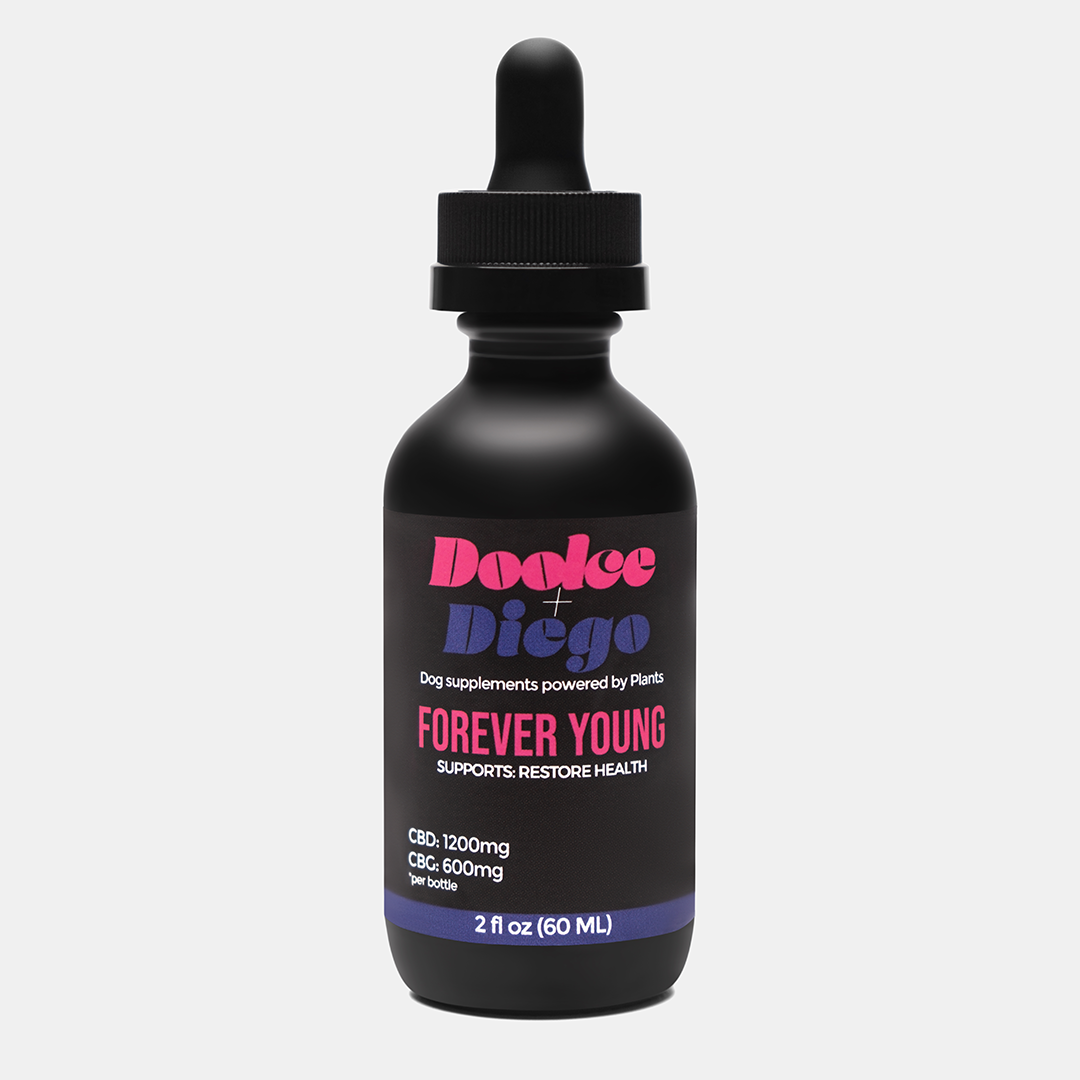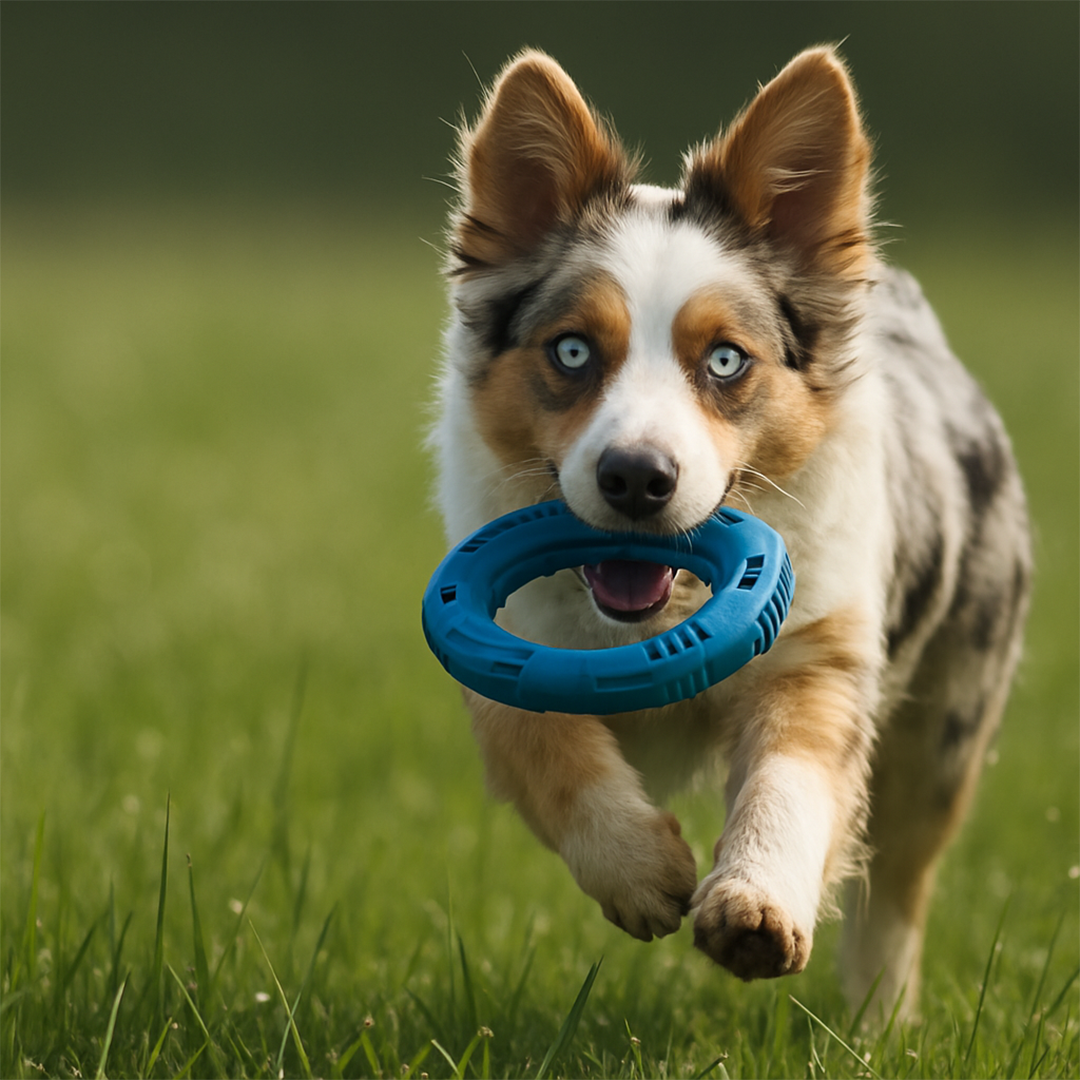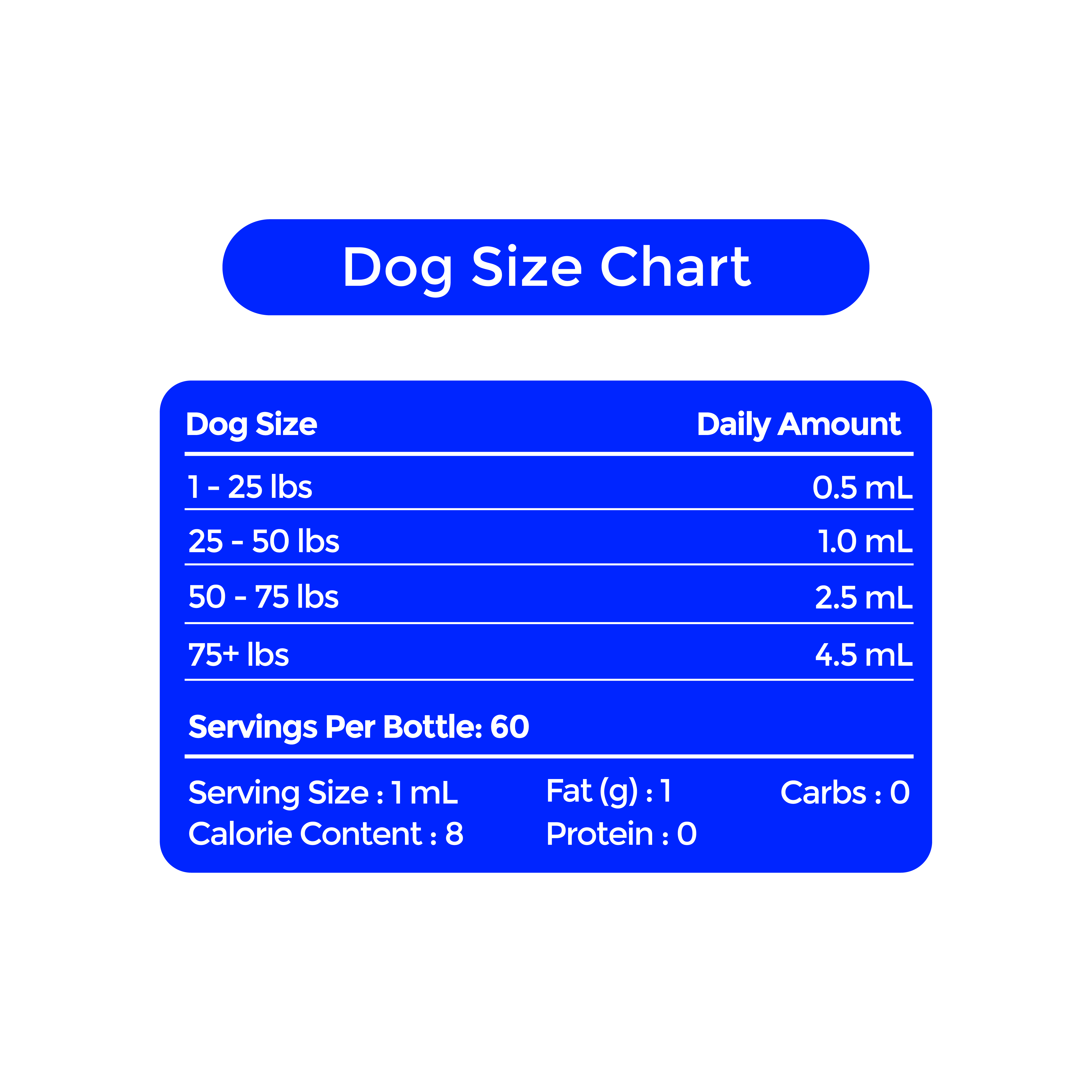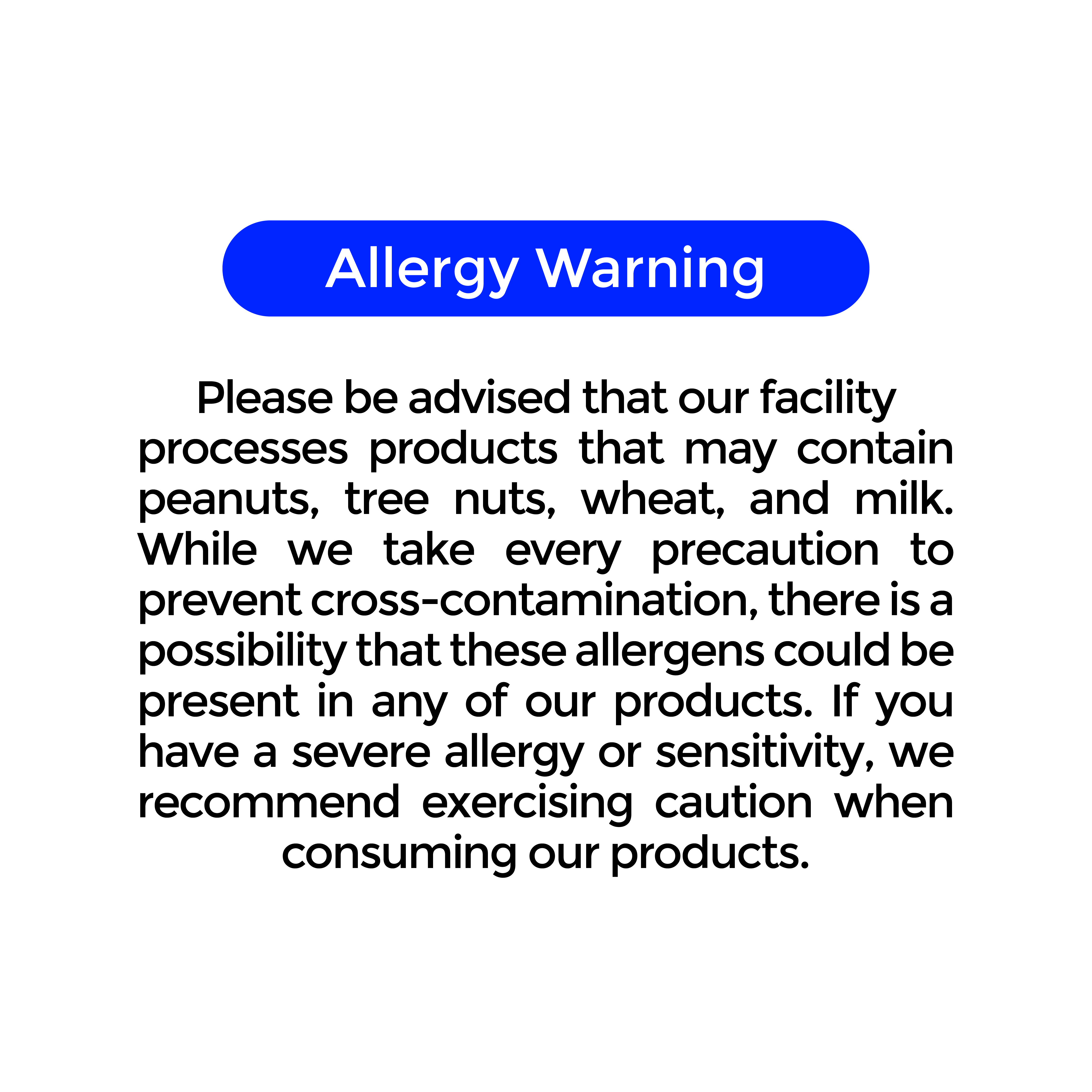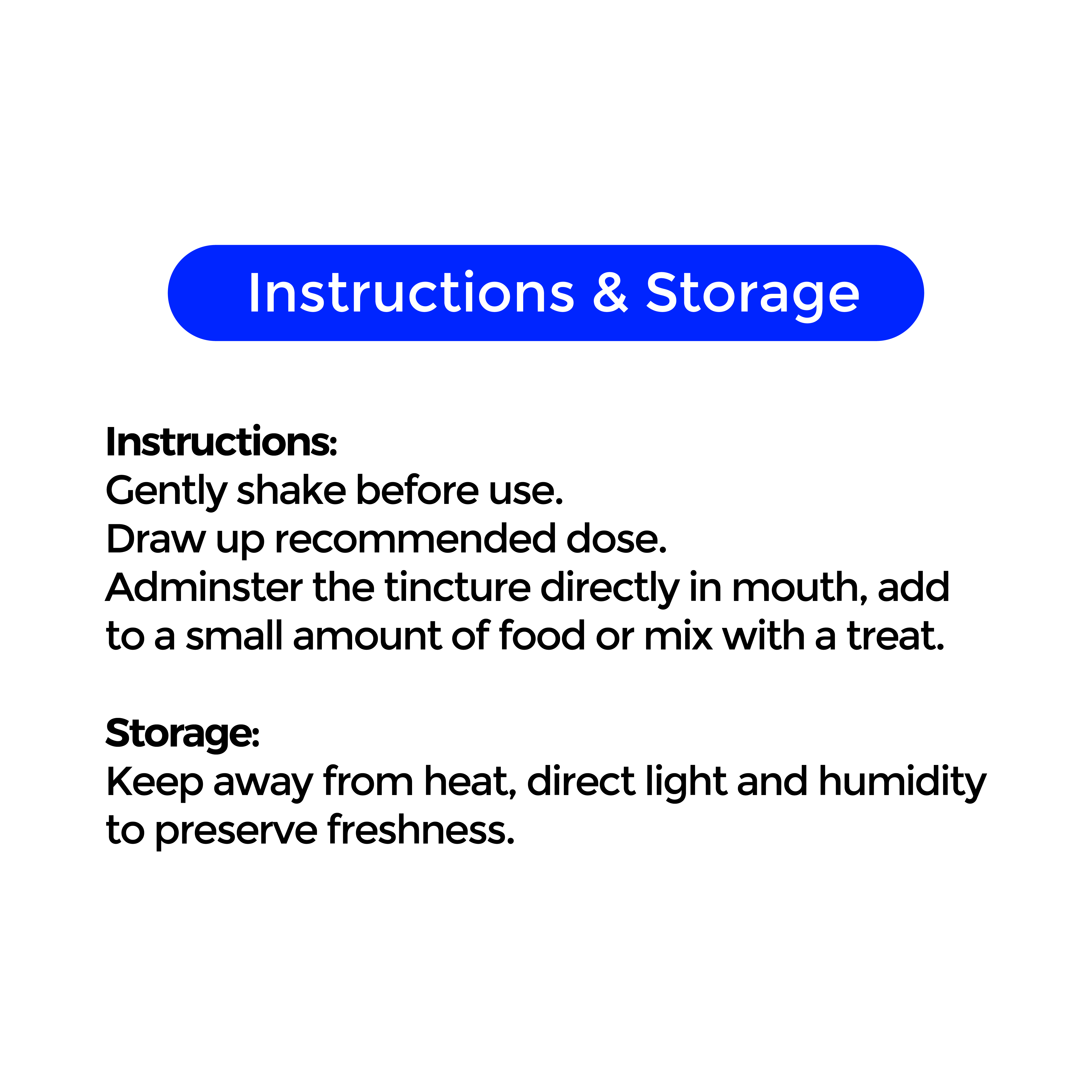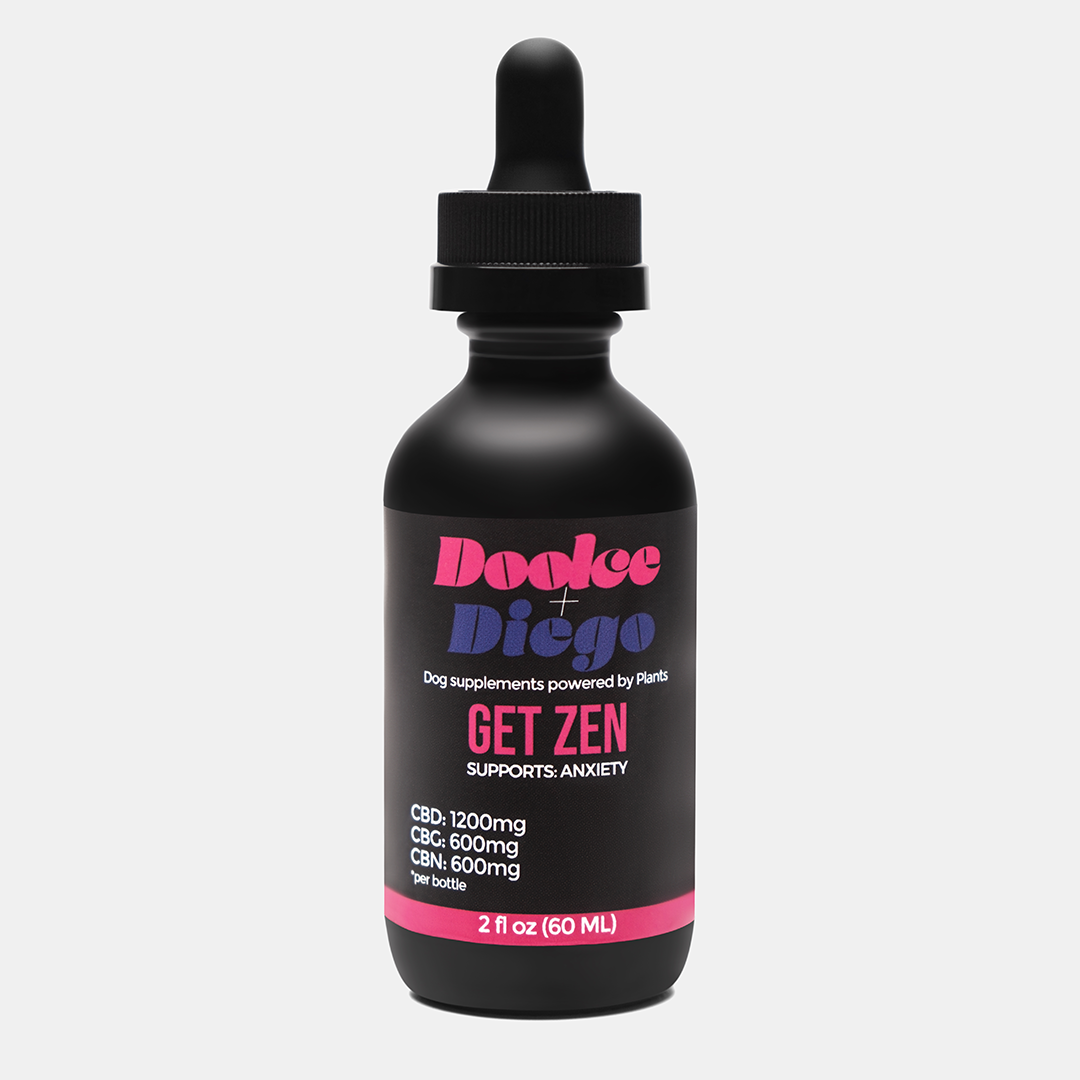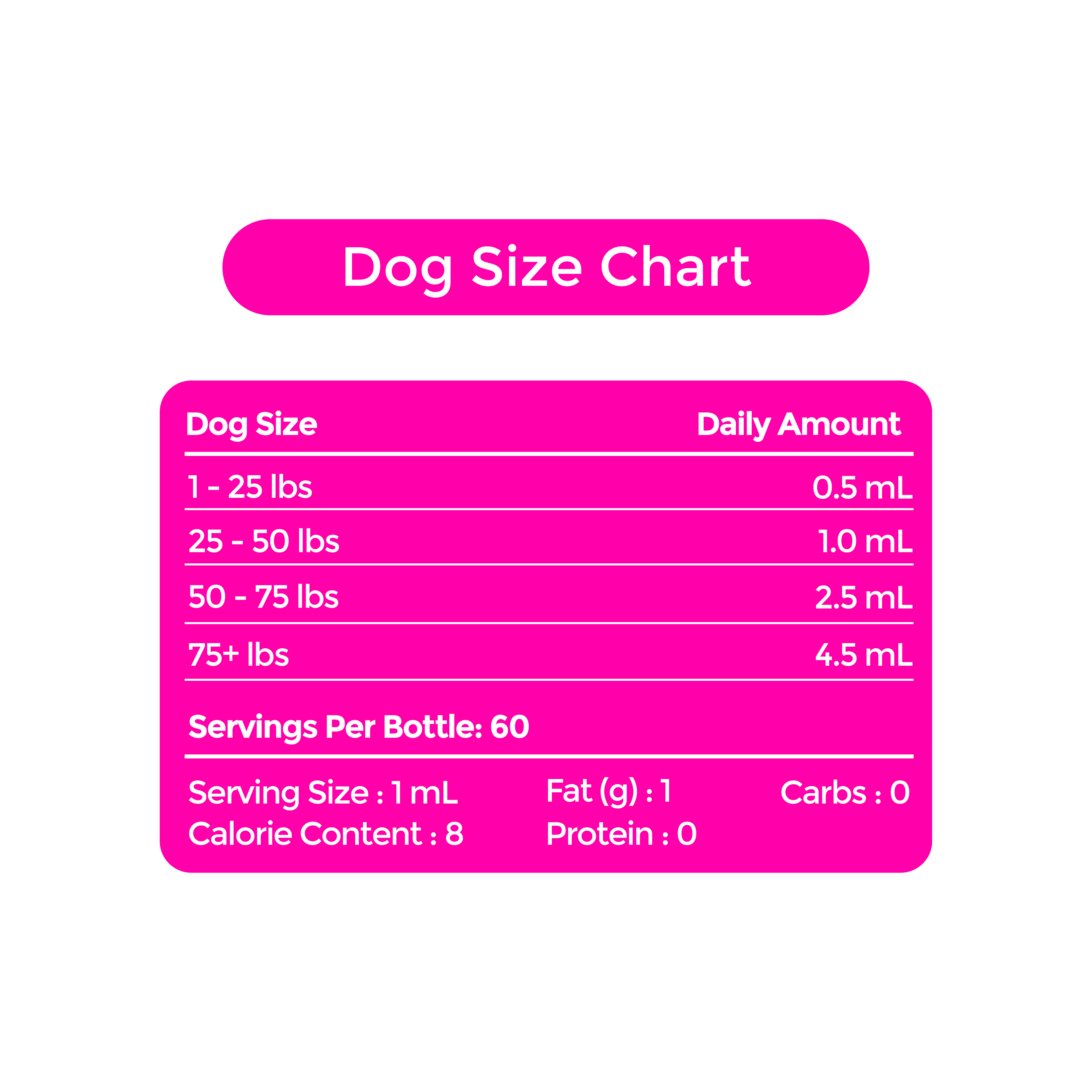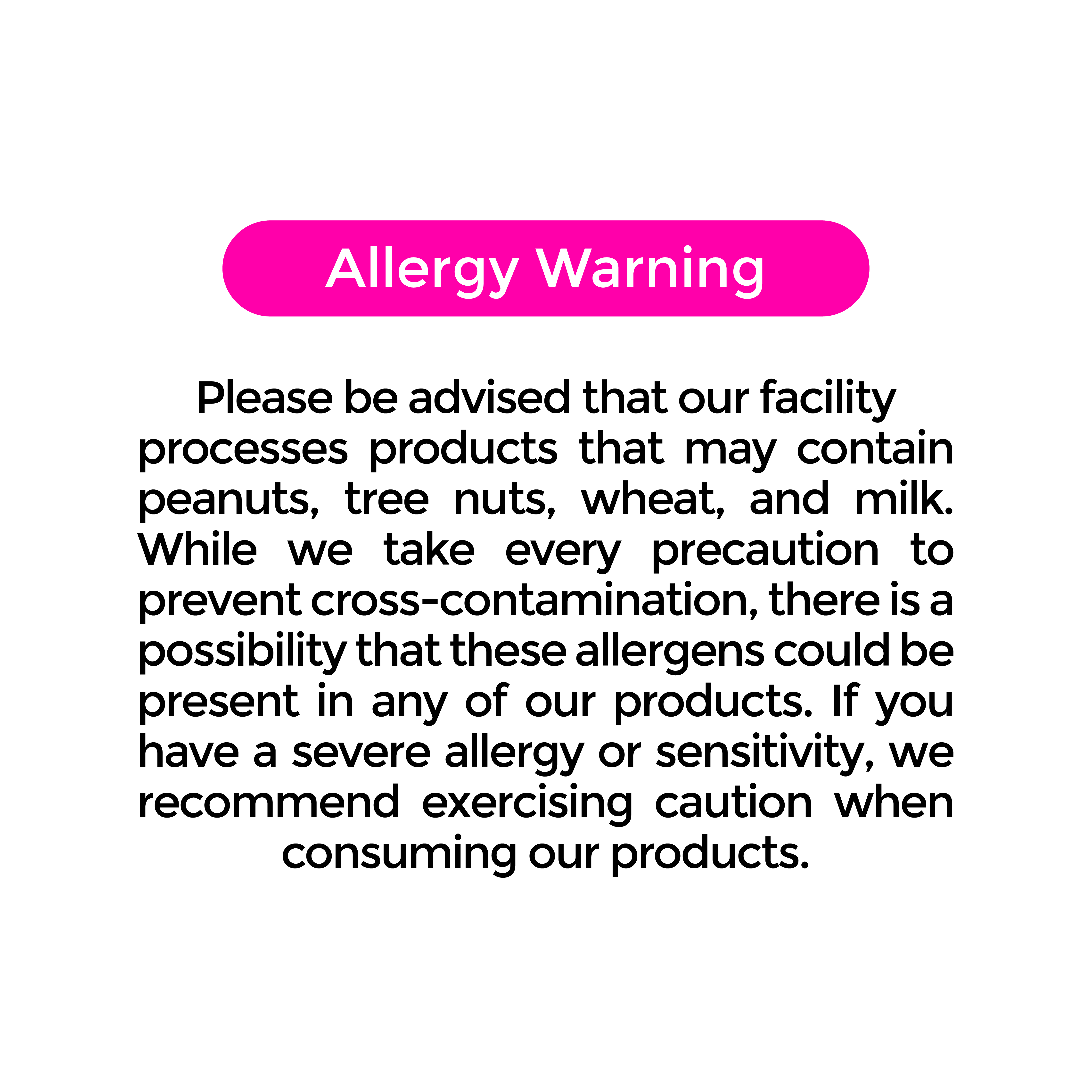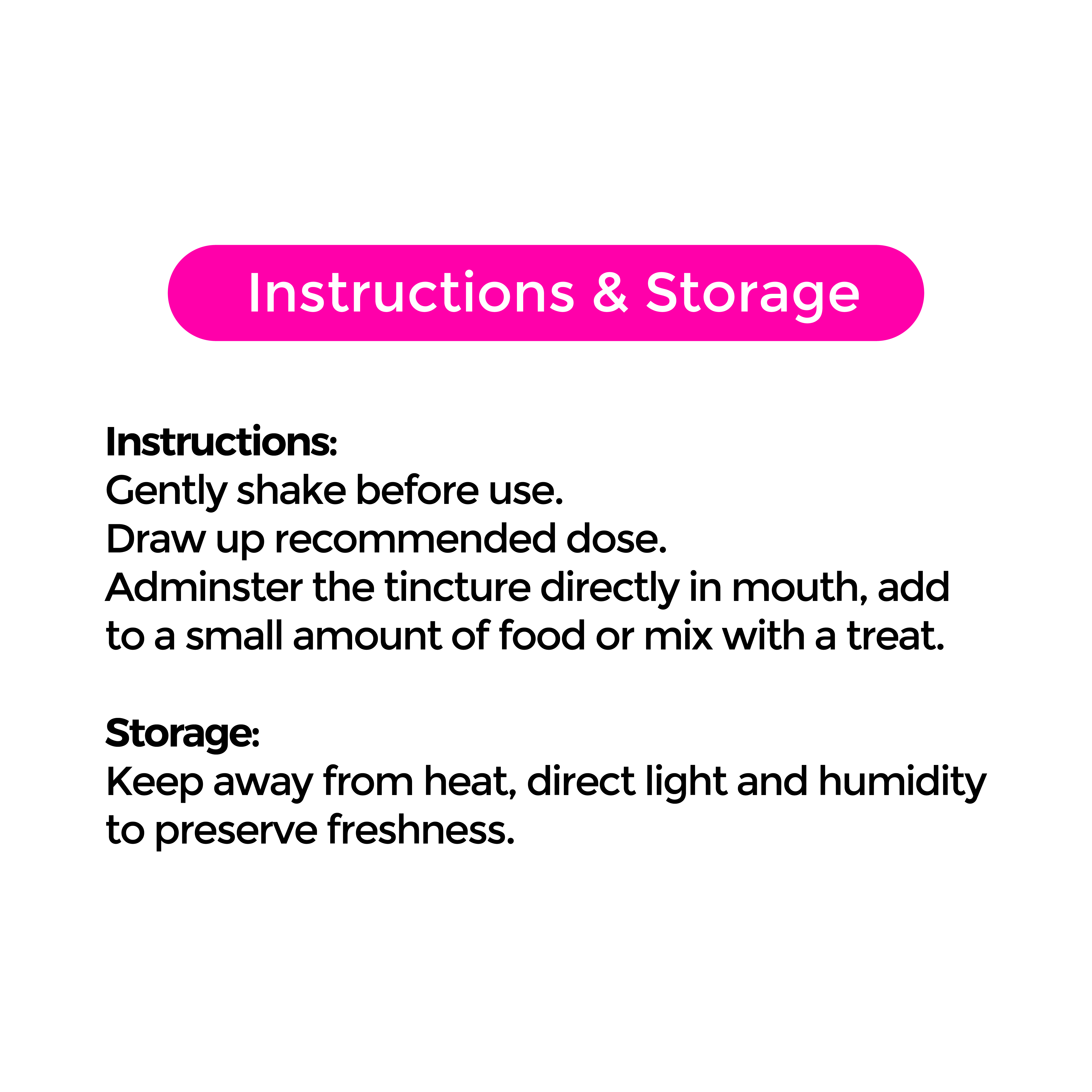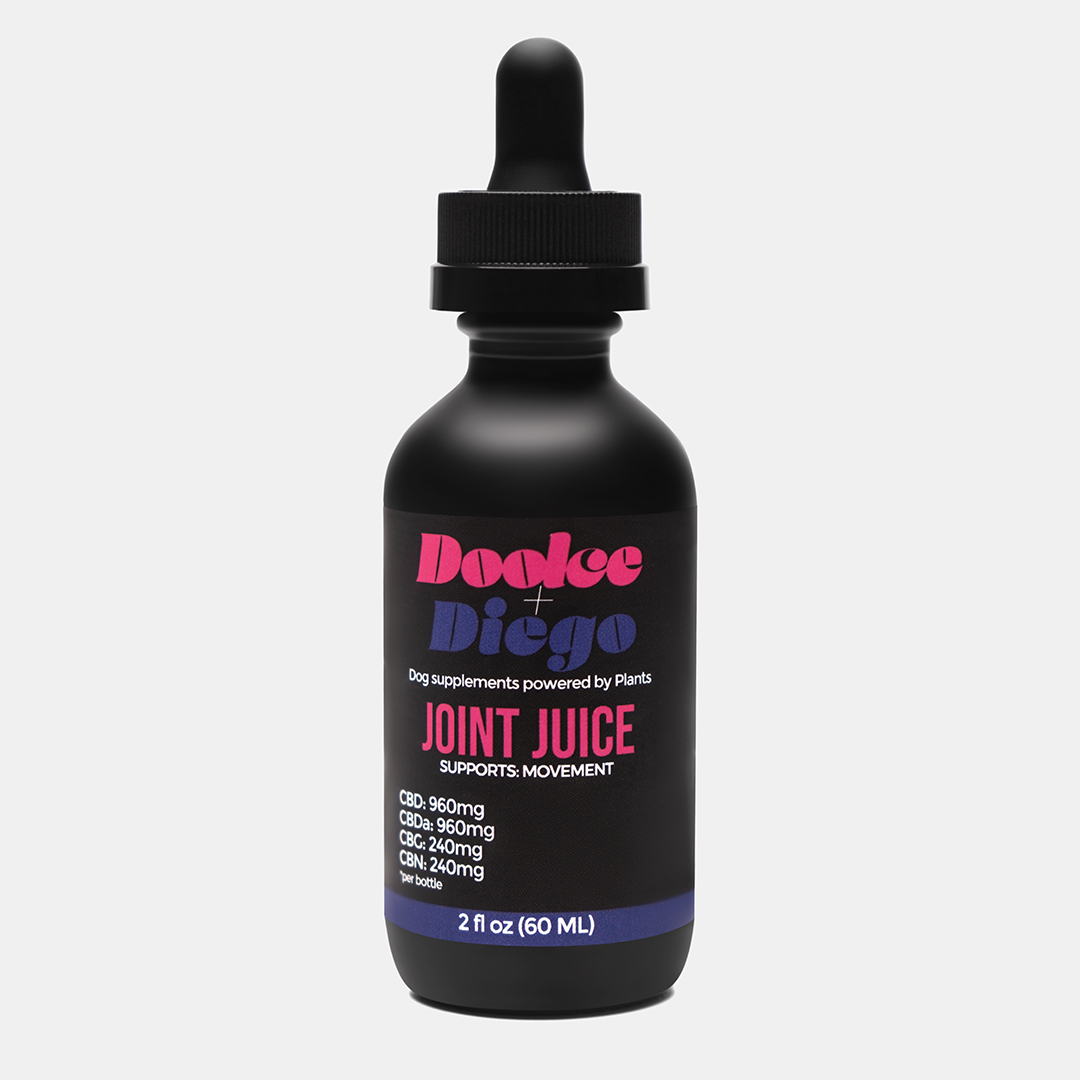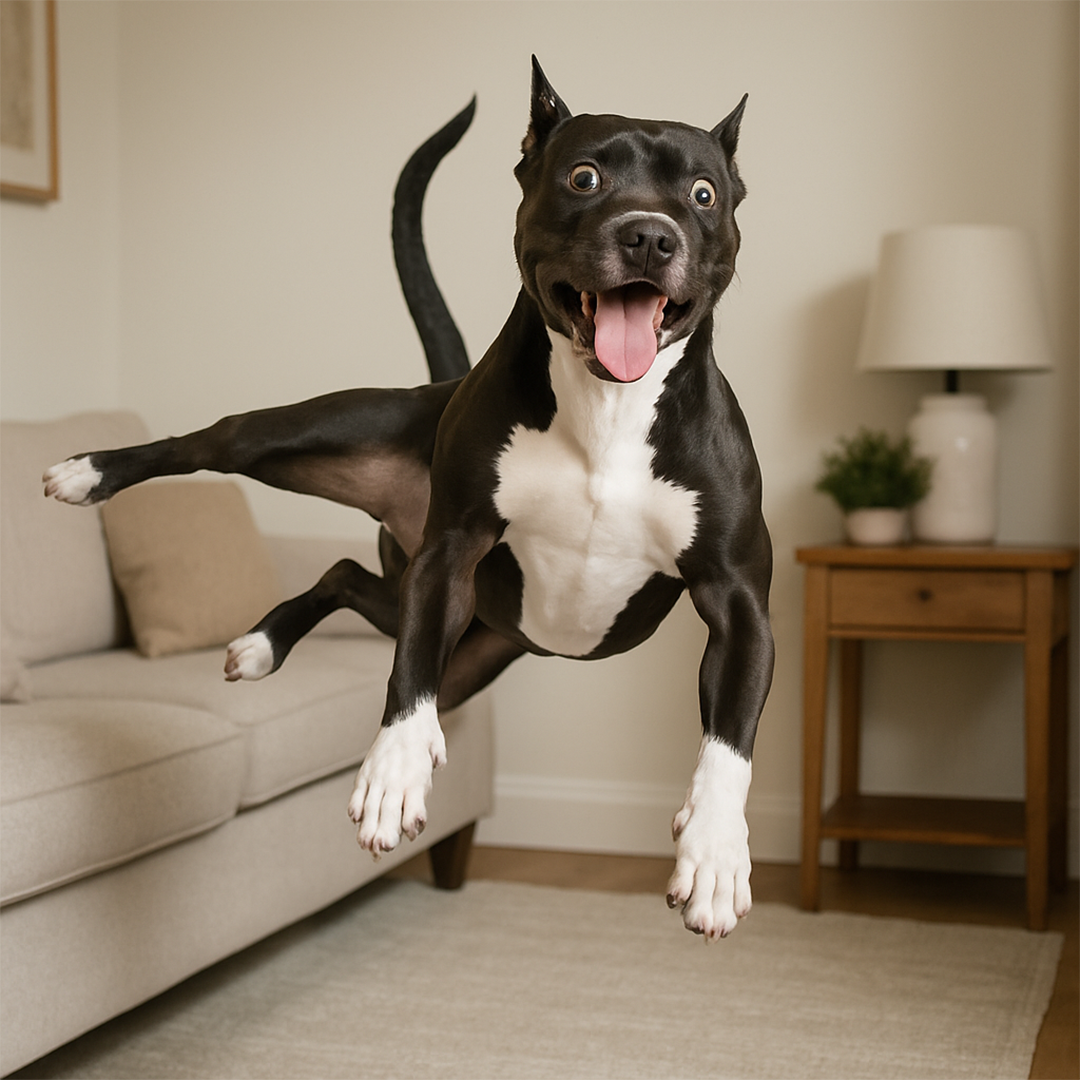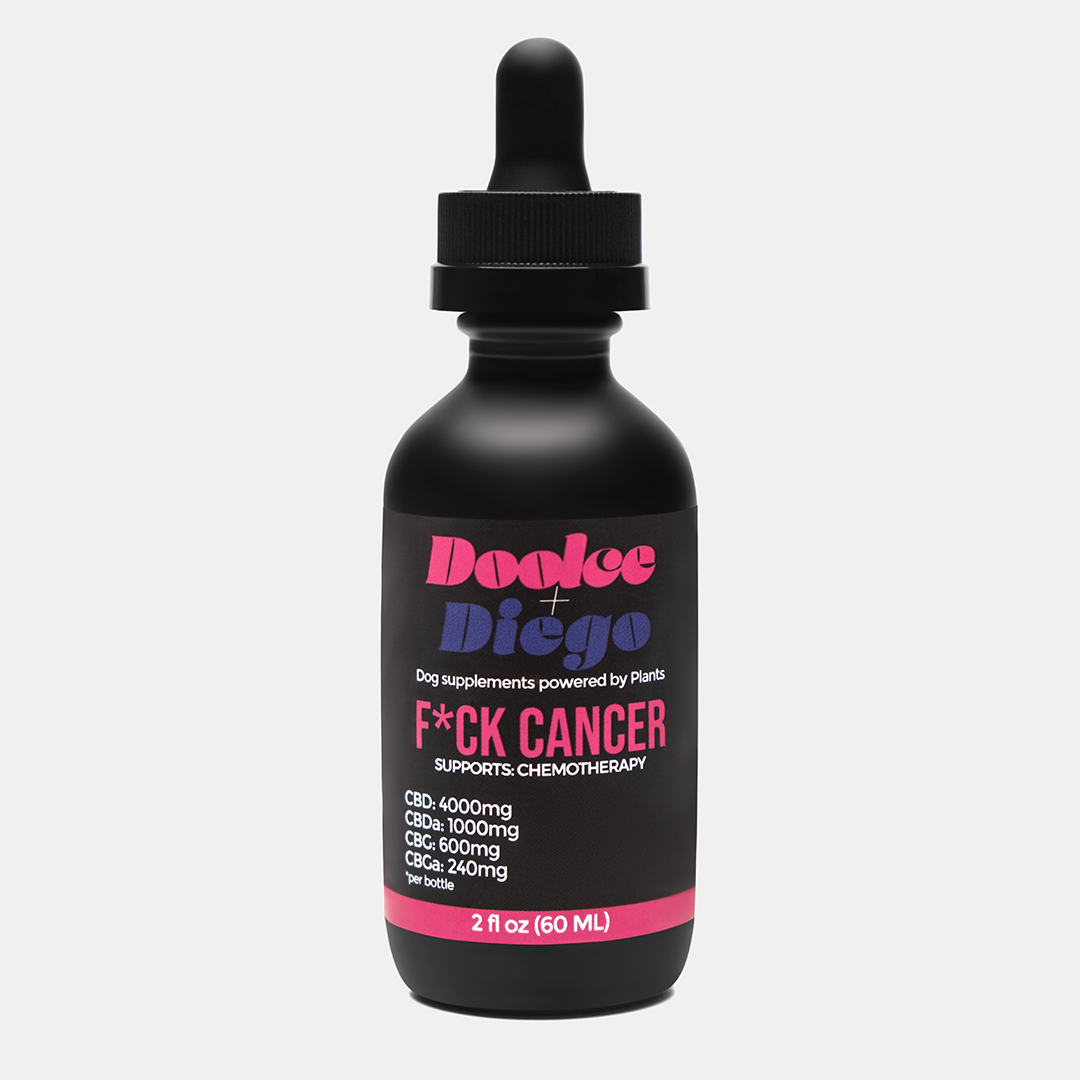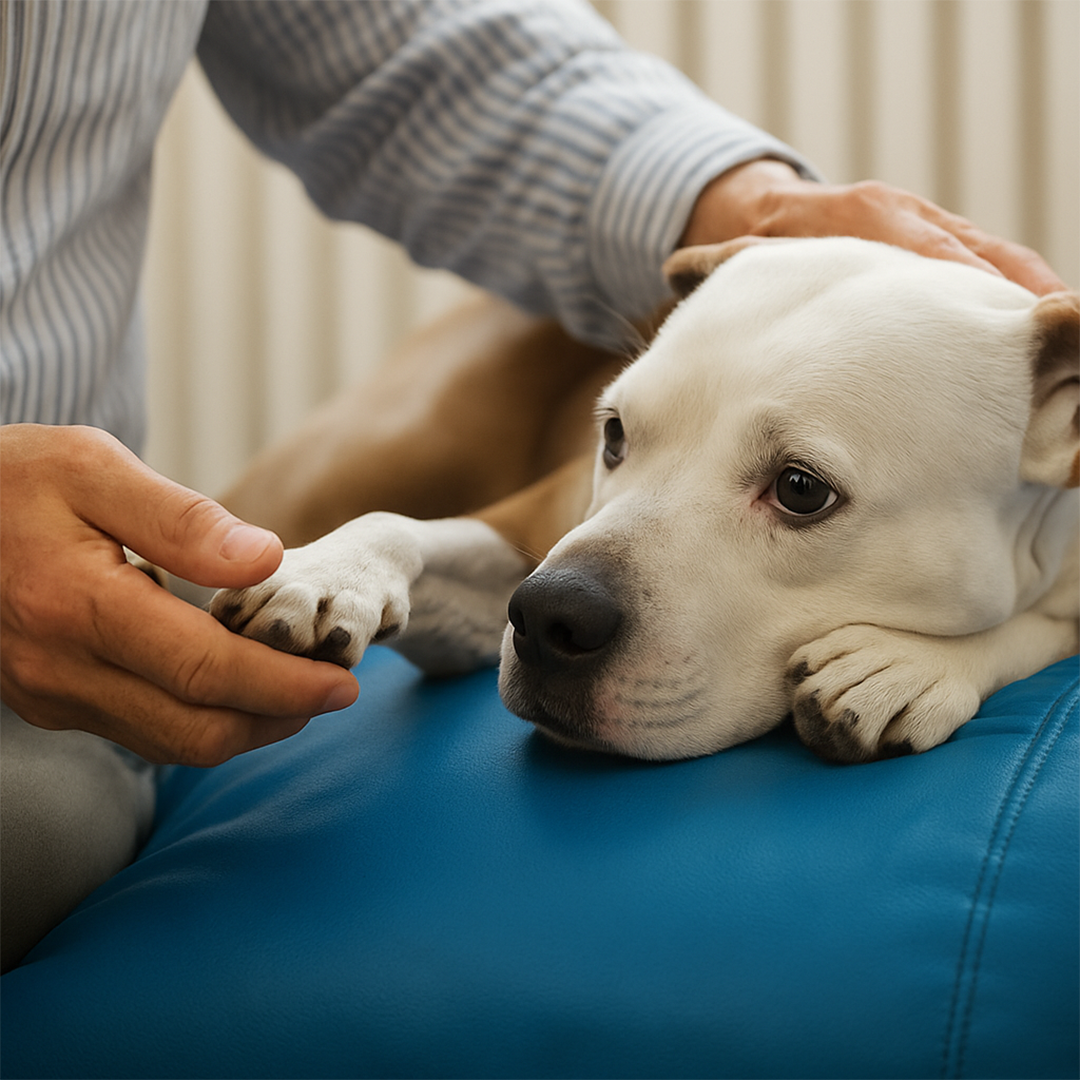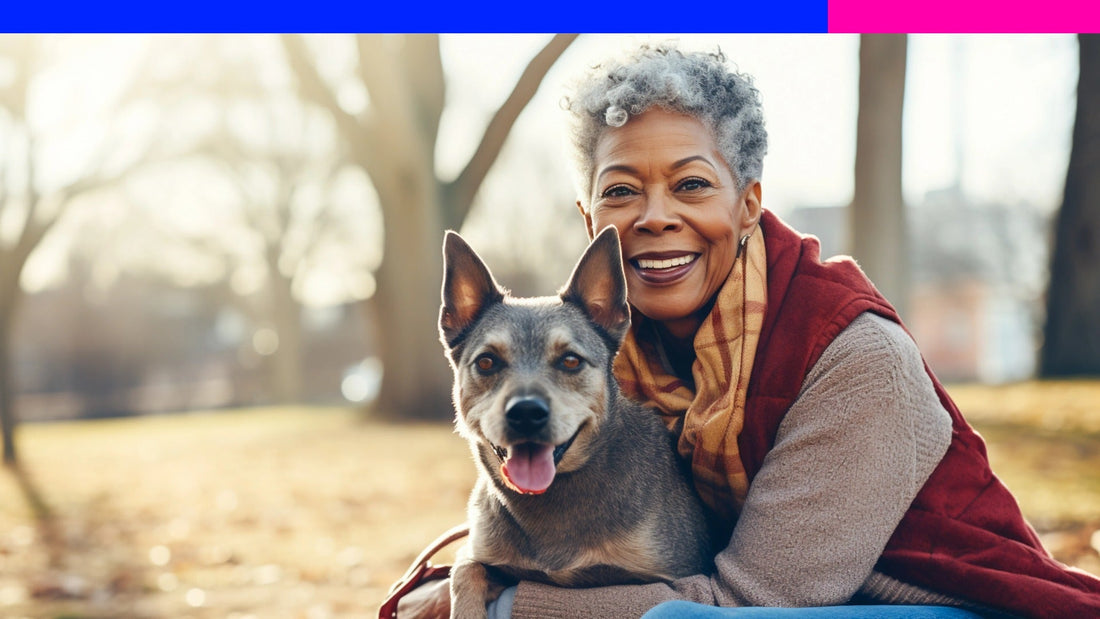
Is My Dog a Senior Yet? Here’s How to Tell
They still act like a puppy. But are they really?
Whether your dog is slowing down or just starting to show a few gray whiskers, you might be wondering when to make the mental (and medical) shift from adult to senior. Because spoiler: it’s not just about birthday candles.
1. The 75/25 Rule of Dog Aging
Here’s the simple truth:
A dog is considered senior when they’ve entered the last 25% of their estimated lifespan.
That means:
-
A 10-year-old Chihuahua (lifespan: ~15 years) = senior
-
A 6-year-old Great Dane (lifespan: ~8 years) = senior
It’s less about a hard number and more about breed, size, and overall health.
2. Size Matters: Why Bigger Dogs Age Faster
It’s not fair, but it’s real:
-
Large and giant breeds tend to hit their senior years earlier — often around age 5–6.
-
Medium-sized dogs become seniors around 7–8.
-
Small dogs might not hit senior status until 9–10.
Why? Larger dogs experience cellular aging and physical wear-and-tear at a faster rate.
3. Signs Your Dog Is Entering Their Golden Years
Even if your dog looks the same, you might notice subtle shifts like:
-
Slower recovery after walks or play
-
Graying around the muzzle and eyes
-
Hesitation when jumping or climbing stairs
-
Increased sleep or lower energy levels
-
More frequent vet visits for stiffness, digestion, or dental issues
Aging is natural. But knowing when it starts helps you show up better for your dog’s changing needs.
4. Senior Dogs = New Routines
Once your dog is considered senior, it’s time to make small adjustments that support long-term vitality:
-
Nutrition: Switch to senior-specific formulas or add functional meal toppers that support joint, cognitive, and immune health.
-
Supplements: Think anti-inflammatory joint support or skin and coat support.
-
Exercise: Gentle, consistent movement is key — walks, stretching, enrichment toys.
-
Veterinary Care: Semi-annual checkups and blood work help catch issues before they escalate.
5. Final Tips for Caring for Your Senior Dog
Your dog may not act old — but that doesn’t mean their body isn’t aging. Here’s how to keep them thriving:
✅ Add daily Forever Young Hemp Oil for inflammation and healthy aging
✅ Support coat and skin health with our For Skin & Coat Meal Topper
✅ Keep enrichment strong — puzzles, light walks, and lots of love
✅ Don’t wait for signs of pain to start support
✅ Talk to your vet about bloodwork and mobility screens annually
A senior dog isn’t a “lesser” version of the dog you knew — they’re wiser, softer, and somehow even more loyal. And they deserve wellness that evolves with them.
For more dog wellness tips, tricks, and tea — dig into the latest from Bark Times.


